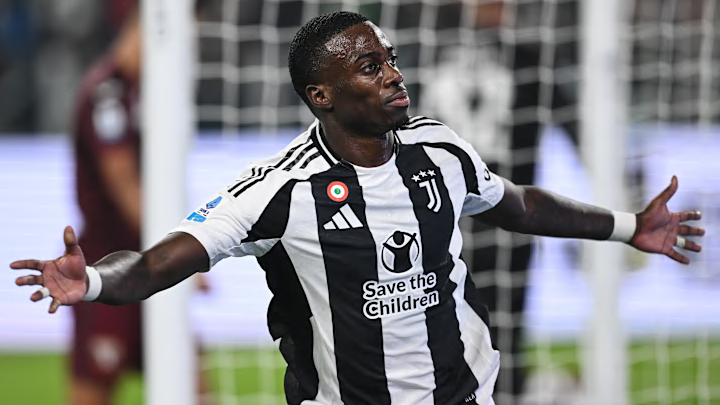Italian Serie A once again proves it's paying attention to global soccer trends. It has become the first major league to adopt FIFA's extra transfer window for the 2025 Club World Cup, which will be held in the United States. It is not only a strategic move that Juventus and Inter Milan did to be representatives of the country in the competition, but also a reflection of the innovative vision of the Italian Football Federation in embracing changes which will turn out beneficial both for clubs and players:
Follow Playing for 90 on X (Twitter).
A Timely and Well-Thought-of Decision
FIFA announced it would create a special transfer period from June 1 to June 10, 2025-just weeks before the beginning of the Club World Cup. The measure is intended to make the setting more equal for participants so that all can similarly reinforce their squads. In addition, it aims at making the renewal of the player contracts that would expire during the tournament easier, avoiding administrative turmoil in the middle of the competition.
The Italian Football Federation finally confirmed its decision with a clear and practical statement:
"Considering the 2025 FIFA Club World Cup edition, at the request of Serie A and pending specific regulations, we have also decided to authorize an additional transfer market from June 1, 2025, to June 10, 2025."
This shows that Italy isn't just going through formalities. Serie A is investing in ensuring its clubs are stronger and better prepared for the challenge.
Why the Extra Window Makes Sense
With the Club World Cup running from June 15 to July 13, 2025, in the United States, this transfer window is FIFA's acknowledgment of competitiveness. Both Juventus and Inter Milan, already at the task of flying the flag of Italy in the global arena, are presented with a godsend opportunity to plug gaps in their teams and maybe secure reinforcements that make a difference between a good campaign and glory.
Another interesting aspect that could be mentioned is the extension of short-term contracts. For example, imagine a key player whose deal would expire in June. Without this new rule, the club would be at an impasse: lose the player or renegotiate in a rush. Now, there's wiggle room. The window opens up not only to reinforcements but also shields the teams' strategical planning.
A Model That Could Inspire Other Federations
Italy's swift move to approve FIFA's proposed model puts pressure on other major federations, such as those in Germany, Spain, and England, since all these countries will also be represented in the Club World Cup. These countries are observing whether to follow the same route. To be frank, with Serie A making the first move, it is likely other top leagues will not want to trail behind.
The Italian decision also underlines the flexibility provided by FIFA. The adoption or not of the extra window is left to every member association, creating a scenario in which each federation's administrative creativity and adaptability will be put to the test.
Juventus and Inter Milan: How They Can Benefit
Juventus and Inter Milan are two of the most historic clubs in Italian soccer, and of course, are no strangers to major challenges. However, the Club World Cup in its new format is a whole different story in terms of complexity. The competition isn't just a tournament; it is a global showcase of each country's prestige in soccer.
This extra window could finally give Juventus the chance to bring in a prolific forward, or cement weak spots such as midfield, as it seeks to regain dominance in Italy and get back into relevance internationally. The period could also be used by Inter Milan, which has been consistent on the European stage, to deepen its squad for any eventual injuries.
Also, the freedom of both teams retains the core players whose contracts may end in June, a smart move to keep the core of their squads intact for the tournament.
